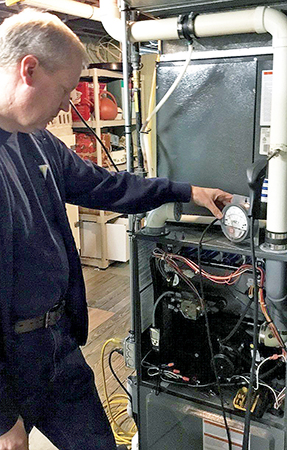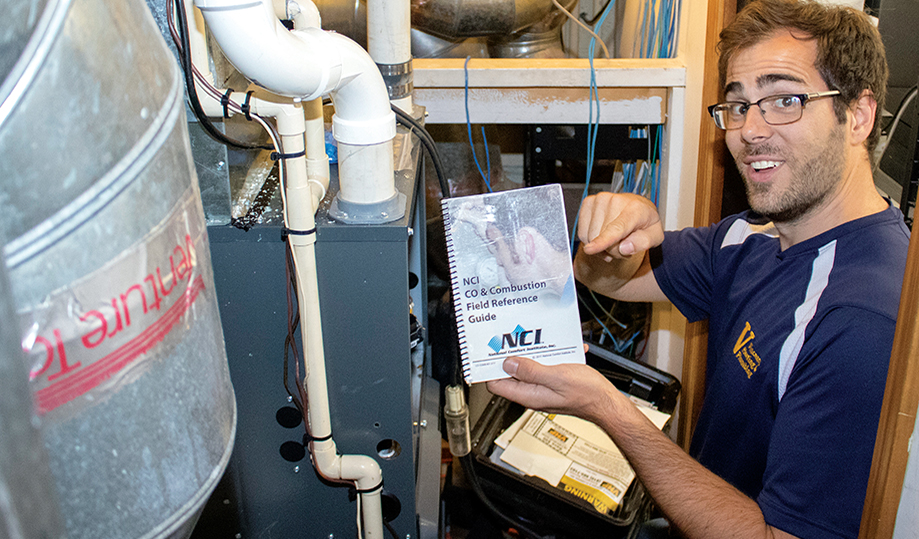The definition of accountability is “the quality or state of being accountable, especially an obligation or willingness to accept responsibility or to account for one’s actions.” Every employee in every business is being held accountable to a standard set by management.
Yes, as HVAC business owners and managers, we all set standards, whether we think we have or not. If we don’t consciously set standards, a standard could set itself. The standards can be how we feel a particular employee is performing. If you ever thought that someone was doing a great job,” then you are using feeling as at least one criterion for employees.

It is not wrong to use “feeling” as a criterion. Intuition is a valuable tool. An example of intuition from the world of sports is the “eye test.” Many talking heads regularly mention players passing the “eye test” as well as meeting other statistical criteria.
Simply put, the eye test is a way to judge an athlete as they compete within their sport based upon your own observations. You can never assume someone is what you hear they are. Instead, you must see it for yourself.
Beyond the Eye Test

combustion testing
However, the eye test is just one way to judge a player. There are metrics used as well.
Everyone who has been through NCI (National Comfort Institute) training has heard the saying, “If you don’t measure, you are just guessing™.”
Usually, that saying refers to high-performance measurements of the HVAC equipment. However, you can apply this idea to any aspect of a business. For example, when we measure the performance of our business, we call it a Key Performance Indicator (KPI).
We might measure the revenue that each truck brings into the business. Or we might measure the number of jobs a technician can convert to a sale.
These are relatively standard business metrics. However, there is an inherent issue with KPIs. The problem is they only track the result, not the process. In other words, these KPIs prioritize making a sale, not the steps it takes to get there.
What I am describing is an “ends-justify-the-means” mindset. The “ends” being receiving money from a customer. For instance, after selling new equipment, it doesn’t add any revenue to make sure that the equipment is safe or operating at the correct blower speed.
If technicians are judged only on sales metrics, these extra steps are easy to skip. Ultimately, we want the technicians to be accountable for the process and the outcome.
Being Accountable
Vincent’s Heating and Plumbing aims to keep technicians accountable for the measurements, processes, and results they generate. We believe there are three keys to accomplishing this aim:
- Culture
- Simplicity
- Engagement.
Click Below for the Next Page:













Recent Comments